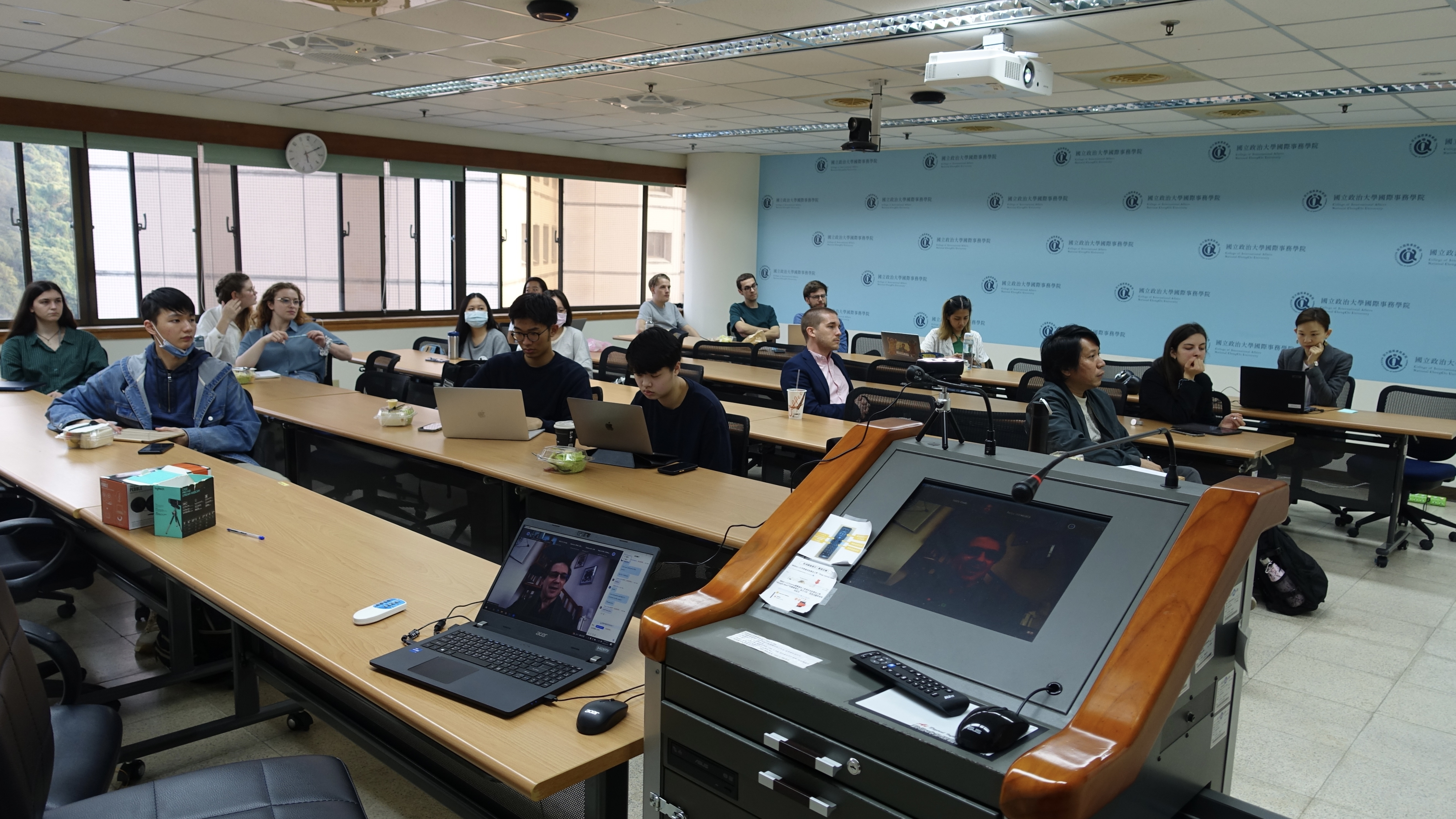News
SMU KCL NCCU Webinar Indo-Pacific Strategies And EU-ASEAN Relations
On Wednesday (15/03/2023), a webinar hosted by Singapore Management University, King’s College London, and National Chengchi University, brought together professional practitioners and academic professors to discuss the current and future state of EU’s presence in Southeast Asia and its relation with ASEAN.
“The relation was built under times of great uncertainty and vulnerability in the region, do not let rivalry divide them.” – Professor Lay Hwee Yeo
The growing tension between the US-China relationship in recent years has altered the international power structure. Since EU released its Indo Pacific Strategy back in 2021, the relations between EU and ASEAN have been taken to another geopolitical level. Professor Lay Hwee Yeo, the director of EU Center in Singapore, identified three primary reasons why the European Union is intensifying its relation with Indo Pacific. Besides the competition between US and China, the economic potential of ASEAN community has heightened the EU’s consciousness of the need for further collaboration to increase supply chain resilience and reduce economic dependency. Additionally, the strained relationship between EU and the United States during the Trump Administration compelled the EU to strengthen its own strategic autonomy concerning security. However, with the ongoing war in Ukraine reinvigorates the bond between Europe and the United States, Professor Yeo concluded that EU may face a decision regarding future cooperation: either work with the US and become a junior partner, or together with ASEAN, create a multilateral world order that fosters an open and complex governance system.
“As long as the general strategy remains the same, there is still room for compromise and negotiation for future collaborations.”
During the discussion session, Professor Cho-Hsin Su, the director of the Program in European Studies at National Chengchi University, raised questions about the probable hurdles in this bilateral relation. Among a variety of other challenges, the panel underscored the significant disparities in ideology and norms. The panel agreed that it is essential to prioritize “equal partnership through principled pragmatism.” Professor Christophe Jaffrelot, the director of the Indo-Pacific Research Group of King’s College London, also referred to the “third way” utilized by the European Union to encourage forms of collaboration on issues that could be difficult to reach a consensus on such as, the privacy of personal data in digital economy. Furthermore, due to the different levels of ambition and development between the two regions, the trade negotiations between EU and ASEAN states would require a different approach. Professor Yeo proposed that reaching “sectoral agreement” individually could be a more appropriate course of action.
Yet the panel remained optimistic towards future collaboration between the EU and ASEAN through a non-confrontational approach. Professor Su highlighted that the relation has turned from an asymmetric donor-recipient relation to a more symmetric one which allows for deeper and more concrete cooperation on nontraditional security and sustainability issues, such as open ocean governance, sustainable fishery, and green transition.” As long as the general strategy remains the same, there is still room for compromise and negotiation for future collaborations.






